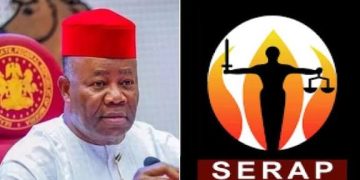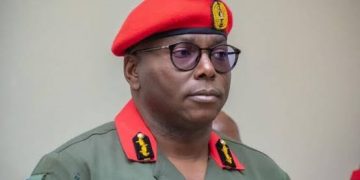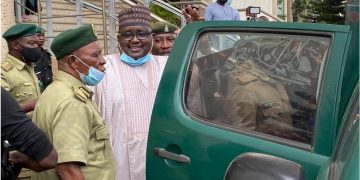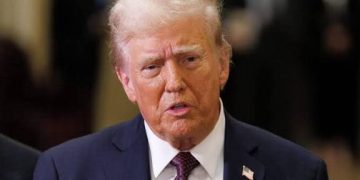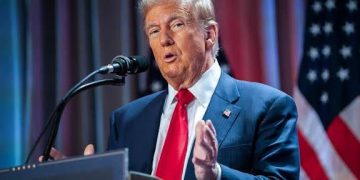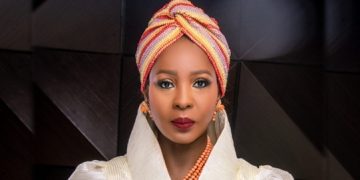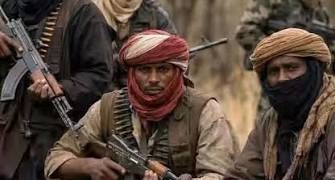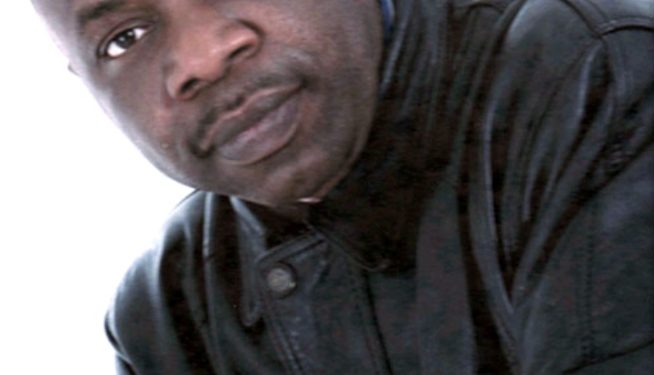For nearly fifteen years, Henry Okah, a Nigerian national and leader of the Movement for the Emancipation of the Niger Delta (MEND), has remained in prison in South Africa under controversial circumstances that continue to raise serious concerns about due process, international law, human rights, and the real reason behind his imprisonment.
Okah, a native of Nigeria’s oil-rich South-South region, the Niger Delta, was arrested on October 2, 2010, at his Johannesburg home by South African police. The arrest came a day after twin car bombings occurred in Abuja, Nigeria. South African authorities accused Okah of orchestrating acts of terrorism an accusation he has consistently denied maintaining that his involvement was in furtherance of a legitimate struggle for self-determination and environmental justice in the Niger Delta.
According to available records, Okah was initially not declared wanted by Nigerian authorities, nor was there an international warrant for his arrest. Two days before his detention, the South African police, accompanied by Interpol officials, had raided his residence but were forced to withdraw after Interpol officers pointed out that Nigeria had not issued any warrant or extradition request. Despite this, Okah was later rearrested under South Africa’s domestic terrorism law, the Protection of Constitutional Democracy Against Terrorism and Related Activities Act, raising questions about jurisdiction and the legality of his prosecution for actions that allegedly occurred outside South Africa.
Okah’s subsequent trial, many observers argue, was marred by procedural irregularities. He was reportedly denied access to witnesses, consular assistance, and the ability to gather defense evidence from Nigeria rights protected under international law. His assets were also frozen by the South African government, effectively denying him the financial means to mount a full defense.
In his appeal, Okah has maintained that his actions fall within the legal exceptions recognized under international humanitarian law specifically those relating to armed struggles in furtherance of national liberation, self-determination, and independence. He argues that the South African court failed to consider this dimension of international law, particularly provisions under Additional Protocol I to the Geneva Conventions (1977), which distinguish acts of armed resistance in liberation movements from ordinary acts of terrorism.
Central to Okah’s argument is his claim that he was not informed of his right to consular access as provided under the International Convention for the Suppression of Terrorist Bombings (1997). Article 8 of the Convention mandates that any person detained under its provisions must be informed of their right to communicate with and receive assistance from their state of nationality. The alleged denial of this right forms a key part of Okah’s claim of an unfair and unlawful trial.
It’s important to note that South Africa’s own history is deeply rooted in armed resistance against oppression the same principle on which the African National Congress (ANC) rose to power. Ironically, they argue, the ANC-led government has become complicit in suppressing another liberation-based struggle, echoing colonial patterns of injustice and exploitation in Africa.
Observers see Okah’s continued detention as a reflection of deeper political and economic alignments. The South African government’s handling of the case, critics claim, reveals a shift toward protecting Western multinational interests in the African oil and resource sectors the very entities MEND accused of environmental degradation and economic exploitation of the Niger Delta.
In 2014, the South African government reportedly offered Okah early parole, but he rejected all such offers, insisting instead on a judicial determination of the lawfulness of his arrest and detention. His subsequent efforts to bring his case before South Africa’s Constitutional Court have allegedly been repeatedly obstructed through corruption and political interference.
On October 1, 2025, the Ijaw Nation Forum, representing Okah’s ethnic group both in Nigeria and the diaspora, filed a formal petition to South African President Cyril Ramaphosa, demanding Okah’s immediate, unconditional, and safe release. The petition describes him as a “political prisoner unlawfully detained” and urges the international community particularly the United Nations to intervene in ensuring compliance with international human rights standards.
The petition states:
“We urge all people of conscience around the world to add their voices by signing this petition demanding Henry Okah’s immediate, unconditional, and safe release to enable his departure from South Africa to a country of his choosing.”
Henry Okah’s case raises profound questions about the intersection of international law, state sovereignty, and political morality. If indeed his detention contravenes international standards particularly the rights to a fair trial, consular access, and political self-determination then his continued imprisonment represents a serious breach of both South Africa’s constitutional obligations and its commitment to the United Nations Charter and the African Charter on Human and Peoples’ Rights.
For now, the world watches to see whether South Africa, once a global watchtower of liberation, will uphold the same principles of justice and freedom that defined its own struggle or whether Henry Okah’s case will remain another silent chapter in Africa’s unfinished quest for true self-determination.
Daniel Nduka Okonkwo is a seasoned writer, human rights advocate, and public affairs analyst, widely recognized for his incisive commentary on governance, justice, and social equity. Through his platform, Profiles International Human Rights Advocate, he has consistently illuminated critical social and political issues in Nigeria and beyond, championing accountability, transparency, and reform. With a portfolio of more than 1,000 published articles available on Google, Okonkwo’s works have appeared in prominent outlets such as Sahara Reporters and other leading media platforms. Beyond journalism, he is an accomplished transcriptionist and experienced petition writer, known for his precision and persuasive communication. He also works as a ghostwriter and freelance journalist, contributing his expertise to diverse projects that promote truth, integrity, and the protection of human rights.


